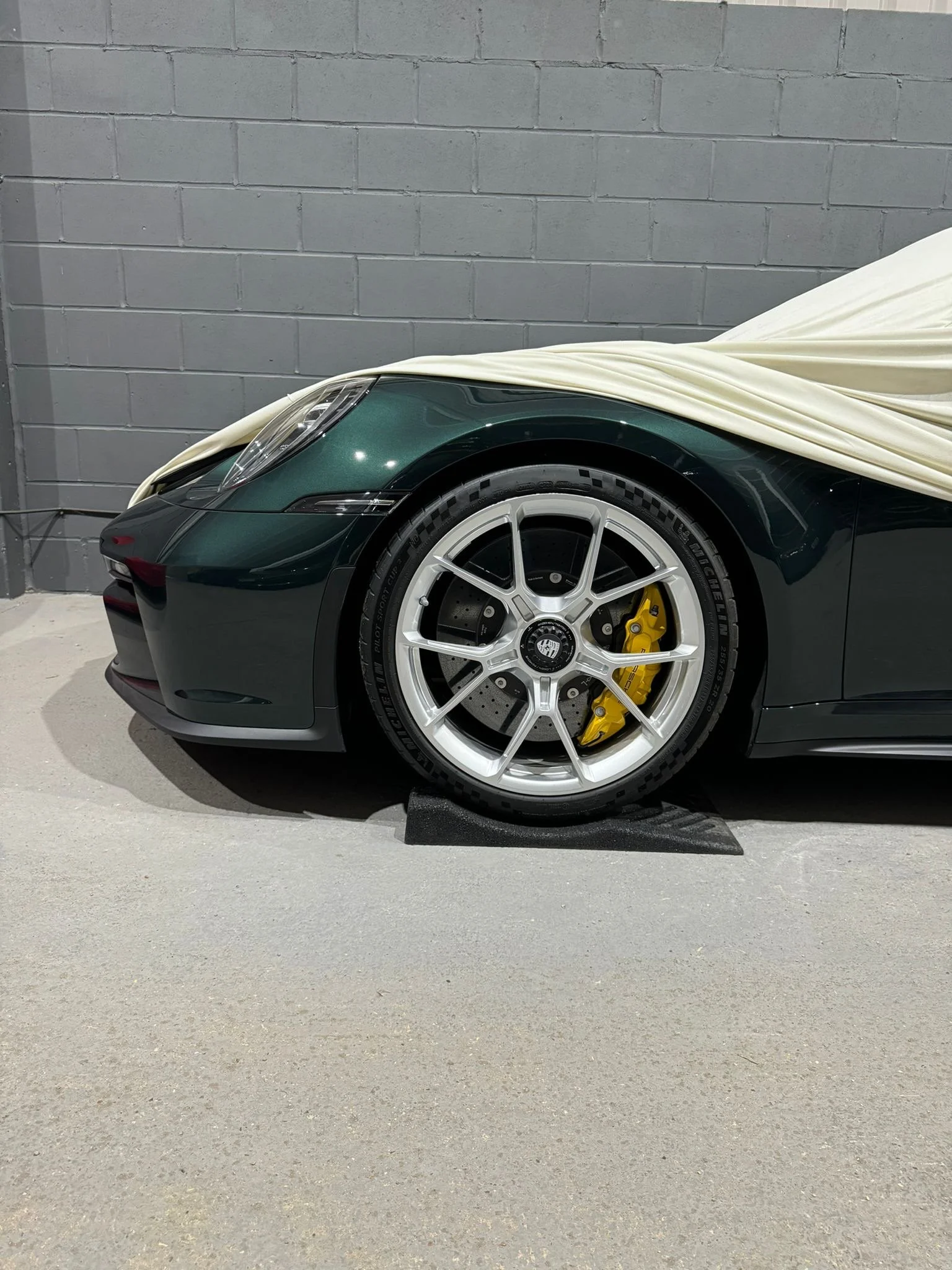I find myself again sifting through various government webpages trying to decode the impending shift to “E10” petrol. It is the latest green initiative to reduce CO2 emissions, the ‘new fuel’ is going to contain 10% Bio Ethanol – hence the 10 in “E10”. We should see an increase in fuel economy and seemingly quite a few cars are not going to be able to run on it. Those I’ve asked don’t seem to have any clue about the impending shift, so here’s our attempt to decode it for you.
Reading the Government information the switch should happen with very little noticeable change for us motorists. Most cars made from 1990 have already been approved as being able to run with no issues, but classic cars, scooters, some cars made in the early 00’s are also going to run into problems. There is a compatibility checker on the government site which doesn’t seem to be especially through – targeted more to the everyday motorist than the enthusiast. Scanning through briefly, it’s not even obscure high performance machines that could have problems, 1.8l MK.3 Mondeos, 2.2l Vauxhall Vectras/Zafiras/Signams, a lot of early VAG TSI engines are a very select few I could find that have not been cleared for use with E10 fuel.
So what do you do if you find yourself in the 5% of motorists that can’t run on E10? Well you’ll have to run on E5 – what we currently know as premium fuels (Shell V-Power, BP Ultimate etc, etc), so the cost rise will be noticeable for those affected. The RAC estimate the 5% is approximately 600,000 vehicles which in my mind is no small number! The expected issues are engine “pinking”, poor starting, and rough running.
The shift is supposed to happen in September of this year. Initially there is going to be some resistance to the change - because, well, people don’t like change. But I can remember when 4 star fuel used to be a thing, people adapt and overcome. There is no doubt though that in the here and now if you are worried your best bet is to speak to your manufacturer to confirm compatibility. If that is not an option then assume you’re going to have to run on premium fuel. This is not a change that is going to disappear so once again the individual motorist is going to have to find a way of muddling through.
However, the vast majority of owners here will already be used to running high octane fuels. For anyone else we are currently in the process of checking vehicles and offering our guidance.
In the meantime if you’d like to discuss you and yours in more detail do please drop us a line.
Further reading can be done with the RAC and with WhatCar?

























